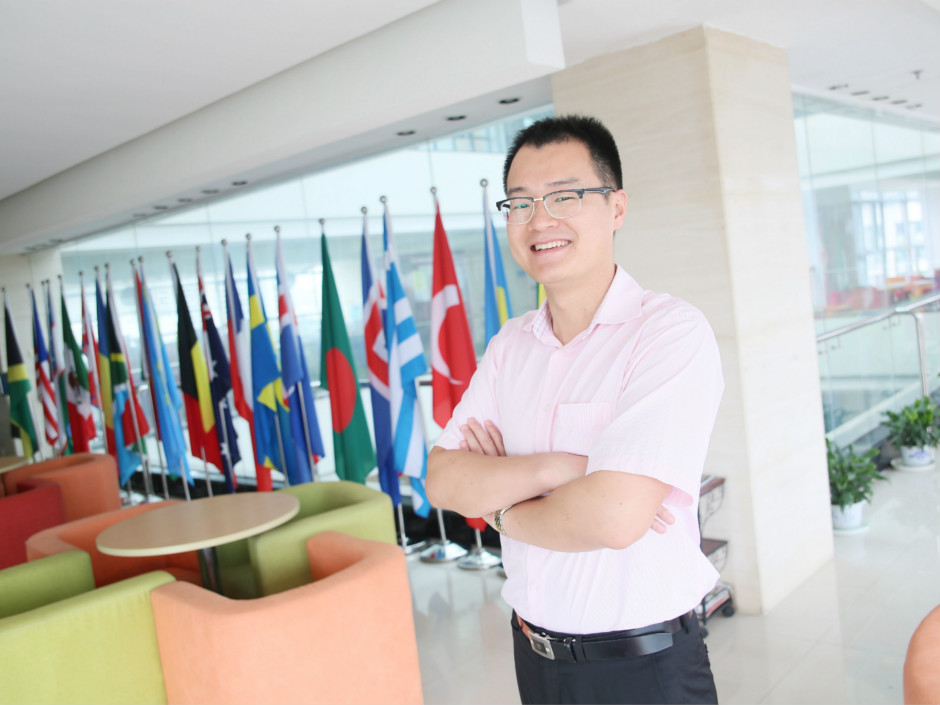13 Jul 2022

In recent years, there have been several high-profile cases of collusion and corruption during the audit of companies involved in corporate mergers and takeovers.
In a new research article, Dr Kai Liu and his student Heng Li from Xi’an Jiaotong-Liverpool University analyse case studies and interview auditors about the limitations of current auditing processes. The authors propose that shared auditing would decrease the probability of financial violations and enhance audit quality.
Shared auditing requires two or more firms to audit different components of a company’s financial status. Currently, it is usually one firm that completes the audit.
Dr Kai Liu says: “Our interviews with auditors suggest that collusion and misrepresentation can occur during corporate takeovers, particularly where only one firm oversees the auditing process.
“The acquiring company or target company may cook the books with the help of accountants to manipulate takeover prices and disturb market competition.
“Companies can go bankrupt because they can’t keep up with the auditing firm’s overestimates of their finances,” Dr Liu continues.
“Our paper proposes that both the acquiring company and target company adopt a shared audit in the corporate takeover process to ensure auditors’ independence and limit the opportunity for fraud and collusion.”
The Big Four
Auditing services take place throughout the corporate takeover process. Due diligence is usually undertaken first to analyse the financial position of the potential investment and identify the market risks and opportunities.
According to Dr Liu and Li, the quality of due diligence during takeovers can be affected by many factors, including pressure to complete the transaction in a limited timeframe and efforts to maintain relationships between auditing firms and their long-term clients. If auditing firms fail to report the transaction’s risks accurately, it can lead to the failure of a takeover.
“One of the main problems when ensuring auditing quality is that auditing is run as a business; the firms need to maintain customers, especially the large international companies. Auditing is market-driven, which compromises objectivity, and it is hard to balance the interests of all parties,” says Dr Liu.
Shared auditing used to be common practice in the UK, particularly when businesses had international operations, and is still mandatory in some countries. However, auditing large companies with global reach requires a vast amount of resources, which currently only four firms, known as the ‘Big Four’ (Deloitte, EY, KPMG and PwC), can provide.
“The current situation limits choices for shared auditing and requires smaller firms to tender to audit customers, but they are in a catch-22 situation where they can’t get the experience needed to prove that they can handle audits of big firms,” says Dr Liu.
Trade secrets
“One of the main problems with shared auditing is who pays for the extra services that are required. Whether it is the target company or the acquiring company matters as whoever pays has the advantage.
“Even with shared audits, there is still a chance of collusion. There is no perfect solution,” says Dr Liu.
Currently, there is not much evidence on the impact of shared auditing on audit quality. Li and Dr Liu emphasise the need for further research and transparency in the auditing process.
“We need truth and facts in business circles, but it’s very secretive. That’s why academic research is necessary to highlight the problems with the current situation and search for solutions.
The research article won the Best paper award at the Tuanku Ja’afar conference and workshop 2021 organised by The National University of Malaysia, and is published in the Malaysian Journal of Law and Society [Vol 30 (2022)].
About the authors
Dr Kai Liu is a Lecturer in the Chinese Culture Teaching Centre, XJTLU. He is a Research Fellow of the China Law Society and Fellow of the UK Higher Education Academy.
Heng Li is an undergraduate student at International Business School Suzhou (IBSS). Under Dr Kai Liu’s supervision, she helped compile the data and literature needed for the study.
By Catherine Diamond
Edited by Patricia Pieterse
13 Jul 2022
RELATED NEWS

Chinese Cultural Teaching Centre academic awarded teaching prize
Dr Kai Liu from the Chinese Cultural Teaching Centre at Xi’an Jiaotong-Liverpool University has been named as ‘Outstanding Teacher’ at the fourth XJTLU Annua...
Learn more








